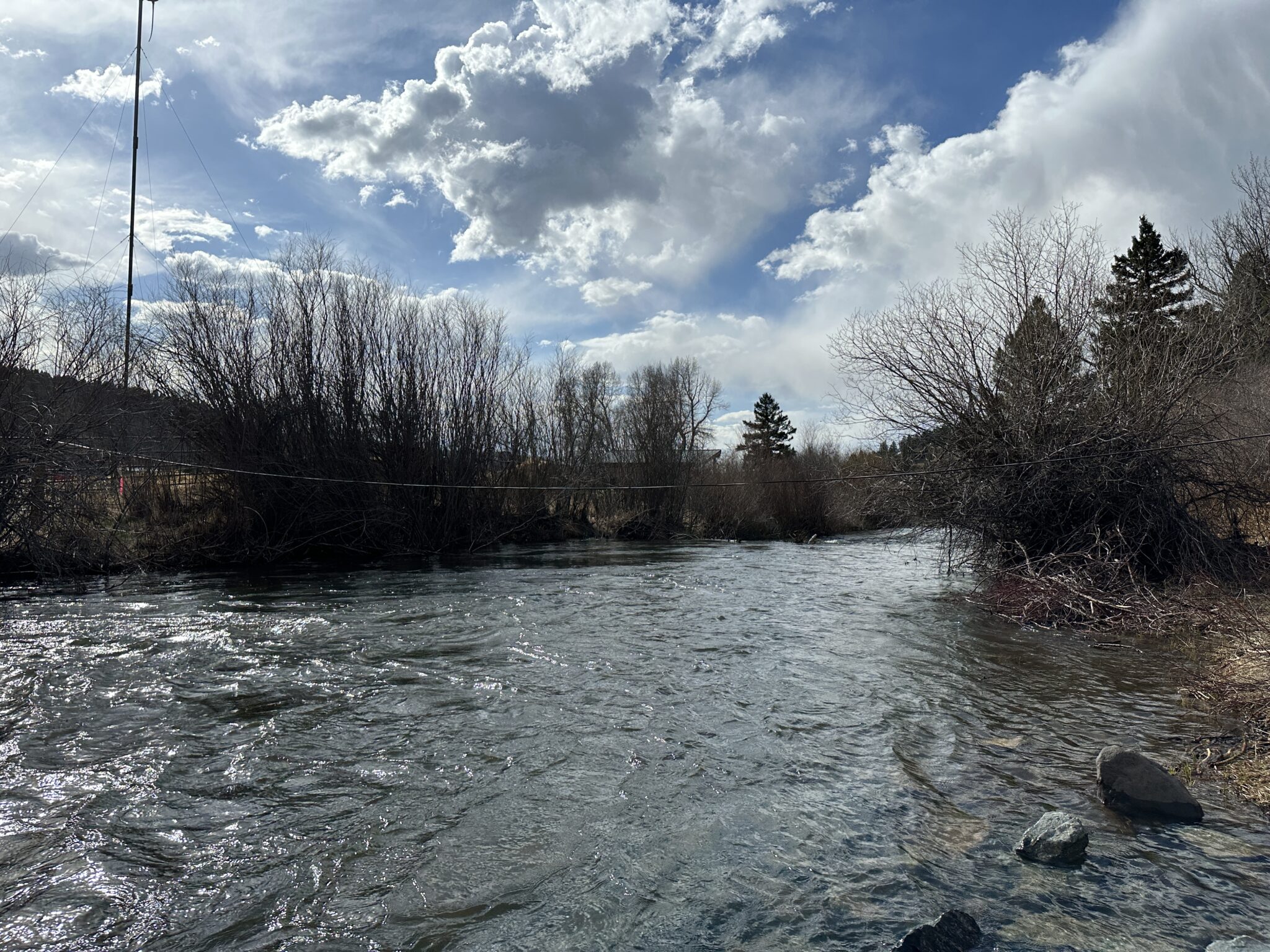Instructions

In a passionate plea for environmental stewardship, columnist George Ochenski challenges readers to reflect on a fundamental right enshrined in Montana's Constitution: the guarantee of a clean and healthful environment. His provocative question strikes at the heart of a universal desire—a pristine, sustainable landscape that nurtures both human life and the natural world around us.
Ochenski's words serve as a powerful reminder that environmental protection isn't just a political talking point, but a constitutional promise that belongs to every Montanan. By framing the issue as a collective aspiration, he invites citizens to consider the profound responsibility we share in preserving our state's remarkable natural heritage.
The column challenges readers to look beyond partisan divides and recognize that a clean environment is not a luxury, but a fundamental right—a birthright that transcends political boundaries and speaks to our deepest values of conservation, respect, and forward-thinking stewardship.
Constitutional Guardians: Montana's Environmental Legacy Under Scrutiny
In the rugged landscape of Montana, where constitutional principles intersect with environmental stewardship, a profound dialogue emerges about the fundamental right to a clean and healthful environment. The state's unique constitutional guarantee represents more than mere legal text—it embodies a collective commitment to preserving natural heritage and protecting ecological integrity for current and future generations.
Defending Nature's Fundamental Rights: A Constitutional Imperative
The Constitutional Framework of Environmental Protection
Montana's constitution stands as a pioneering document that explicitly enshrines environmental protection as a fundamental right. Unlike many state constitutions, Montana's language provides citizens with a powerful legal instrument to challenge environmental degradation. This constitutional provision transforms environmental preservation from a mere policy preference to a legally enforceable mandate, empowering individuals and communities to hold governmental and corporate entities accountable for ecological stewardship.
The constitutional clause represents a visionary approach to environmental governance, recognizing that ecological health is intrinsically linked to human well-being. By establishing a legal framework that prioritizes environmental quality, Montana has created a model for proactive environmental protection that transcends traditional regulatory approaches.
Legal Mechanisms and Judicial Interpretations
The implementation of Montana's environmental constitutional provision has profound implications for legal jurisprudence. Courts have increasingly interpreted this clause as a substantive right, enabling citizens to challenge environmental policies and practices that compromise ecological integrity. This judicial approach transforms constitutional text into a dynamic tool for environmental advocacy, providing a robust mechanism for protecting natural resources.
Legal scholars and environmental attorneys have argued that this constitutional provision represents a paradigm shift in environmental law. By establishing a clear legal standard for environmental protection, Montana has created a precedent that challenges traditional notions of property rights and economic development.
Ecological Challenges and Constitutional Resilience
Contemporary environmental challenges—including climate change, industrial pollution, and resource extraction—test the resilience of Montana's constitutional environmental protections. The ongoing tension between economic development and ecological preservation requires continuous legal and political negotiation, with the constitutional provision serving as a critical benchmark for decision-making.
Indigenous perspectives and scientific research increasingly inform interpretations of environmental rights, highlighting the complex interplay between constitutional principles, ecological knowledge, and cultural understanding of landscape preservation.
Citizen Engagement and Environmental Democracy
Montana's constitutional environmental provision empowers citizens as active participants in ecological governance. By recognizing environmental quality as a fundamental right, the constitution transforms environmental protection from a governmental responsibility to a collective social obligation.
Community organizations, environmental advocates, and individual citizens can leverage this constitutional provision to challenge environmentally destructive practices, initiate legal proceedings, and demand transparent environmental decision-making processes.
Future Implications and Global Significance
Montana's constitutional approach to environmental protection offers a compelling model for other jurisdictions seeking to integrate ecological considerations into fundamental legal frameworks. The state's experience demonstrates how constitutional language can serve as a powerful mechanism for environmental preservation, balancing human needs with ecological sustainability.
As global environmental challenges become increasingly complex, Montana's constitutional model provides insights into innovative approaches to environmental governance, emphasizing the intrinsic connection between legal frameworks, ecological health, and human well-being.

